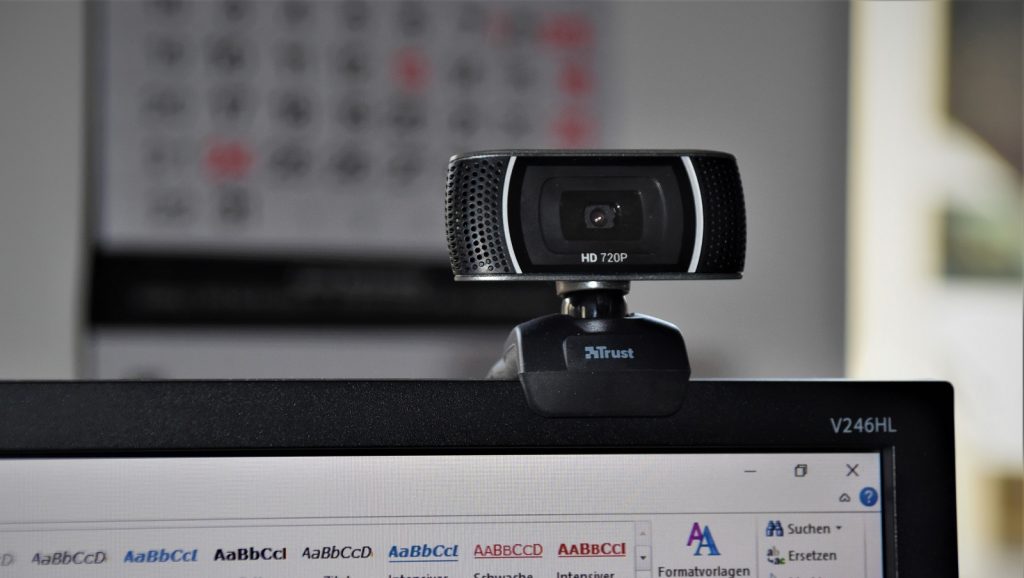Anthropic says its AI will not be used to spy on customers, even in government contracts. Here is what that means for AI governance, enterprise trust and defence partnerships.
1 in 5 South Africans give apps access to webcams, microphones – survey

One in five South Africans give apps access to their microphones and webcams. That is the finding of a study conducted by cybersecurity company Kaspersky.
The study focused on how people were using technology in the age of remote working.
Kaspersky conducted the study with 15 000 people worldwide.
According to the research findings, 18% of South Africa’s online users give online apps and services permission to access their microphones and webcams.
Globally, 27% of people between the ages of 25 and 34 permit access. In contrast, 38% of those aged 55 and older said they would never give these permissions.
However, 68% of people surveyed said they were worried about their webcams being used to spy on them.
Kaspersky said the results indicated that people were looking to protect their devices when working remotely.
Webcams, microphones permission risks
“For sure, many people aren’t instantly familiar with security protocols related to webcam usage and cybersecurity processes,” said Kaspersky’s head of consumer product marketing, Marina Titova.
“However, what we are observing now is a strong positive trend of increased awareness around online safety and potential threats. This leads to more proactive consumer behaviour like taking preventive actions and checking permissions before allowing video and microphone access.”
Kaspersky recommended that people use dedicated webcams use protection software on devices such as computers and mobile phones.
The study follows a major shift from in-person to virtual communication thanks to the COVID-19 pandemic. Kaspersky cited Microsoft Teams as an example, an app whose userbase grew by 894% between February and June 2020.
Around the same time, webcam manufacturers such as Logitech were experiencing a surge in demand for the computer accessory.
However, with increased adoption, comes the risk of spyware using the technology for cybercrime.
Feature image: Unsplash/Waldemar Brandt
Read more: Study shows fewer South Africans keen on working abroad


